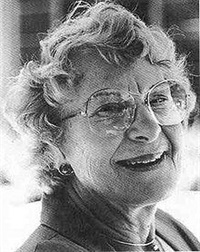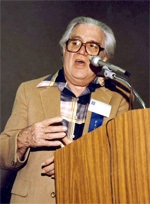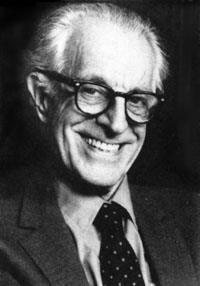EP85 Invited Address 06a - Going Behind the Obvious - The Psychotherapeutic Journey - Virginia M. Satir, ACSW
- Average Rating:
- Not yet rated
- Topic Areas:
- Invited Addresses | Psychotherapy
- Categories:
- Evolution of Psychotherapy | Evolution of Psychotherapy 1985 | Pioneers in Couples and Family Therapy
- Faculty:
- Virginia Satir, MA, ACSW | Carl Whitaker, MD | Albert Ellis, PhD
- Duration:
- 1 Hour 22 Minutes
- Format:
- Audio Only
- Original Program Date:
- Dec 13, 1985
- License:
- Never Expires.
Description
Description: Satir emphasizes the importance of engaging clients' emotional and physical experiences, using storytelling, historical context, and non-verbal communication to create meaningful therapeutic connections. Moderated by Camillo Loriedo.
Educational Objectives:
- To list the basic tenets of the presenter's approach
- To describe therapy and its relevance to our society
*Sessions may be edited for content and to preserve confidentiality*
Credits
Handouts
| Ericksonian Learning Snapshot (279.4 KB) | 2 Pages | Available after Purchase |
Faculty

Virginia Satir, MA, ACSW Related Seminars and Products
For almost forty years, Virginia Satir has practiced and taught psychotherapy. One of the founders of family therapy, she has co-authored four books and authored five. Additionally, there are a number of books about her approach. She was recipient of the Distinguished Family Therapy Award from the American Association of Marriage and Family Therapy.
Satir wass the co-founder of the Mental Research Institute. She wass past president of the Association of Humanistic Psychology and has a number of honorary doctorates. Her master's degree was granted in 1948 from the University of Chicago School of Social Service Administration.

Carl Whitaker, MD Related Seminars and Products
Carl Whitaker, MD, was an American physician and psychotherapy pioneer family therapist. Whitaker is most well-known for acknowledging the role of the entire family in the therapeutic process. He is the founder of experiential family therapy, or the symbolic-experiential approach to therapy. Rather than scapegoating one family member or even a specific family problem, experiential family therapy looks at the entire family system. Several other approaches to family therapy have drawn heavily from Whitaker's theories.

Albert Ellis, PhD Related Seminars and Products
Albert Ellis, PhD, was an American psychologist who in 1955 developed Rational Emotive Behavior Therapy (REBT). He held M.A. and Ph.D. degrees in clinical psychology from Columbia University and American Board of Professional Psychology (ABPP). He also founded and was the President of the New York City-based Albert Ellis Institute for decades.
He is generally considered to be one of the originators of the cognitive revolutionary paradigm shift in psychotherapy and one of the founders of cognitive-behavioral therapies.[2]
Based on a 1982 professional survey of US and Canadian psychologists, he was considered as the second most influential psychotherapist in history (Carl Rogers ranked first in the survey; Sigmund Freud was ranked third).[3][4] Psychology Today noted, "No individual—not even Freud himself—has had a greater impact on modern psychotherapy."[5]


